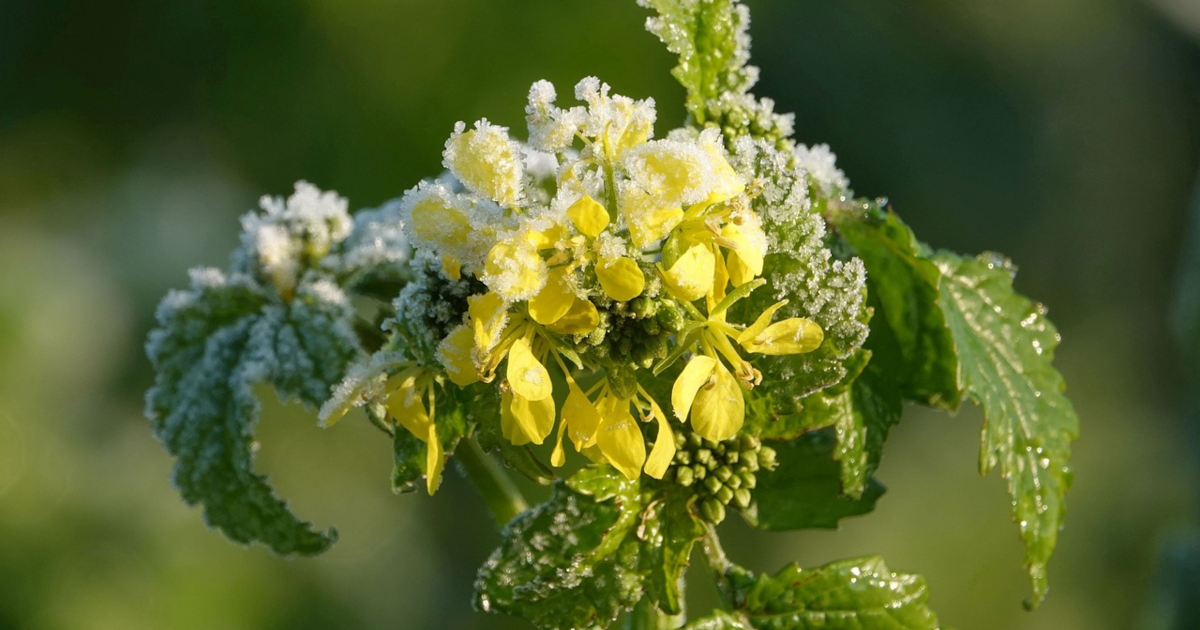
India’s GM Mustard and the 30-Year Path to Food Tyranny
A public interest litigation is currently before India’s Supreme Court which challenges the drive to commercialise the growing of genetically modified (GM) mustard in India. On 26 October 2022, however, the country’s apex regulatory body – the Genetic Engineering Appraisal Committee – sanctioned commercialisation of the crop.
April 1, 2023 | Source: GlobalResearch | by Colin Todhunter
A public interest litigation is currently before India’s Supreme Court which challenges the drive to commercialise the growing of genetically modified (GM) mustard in India. On 26 October 2022, however, the country’s apex regulatory body – the Genetic Engineering Appraisal Committee – sanctioned commercialisation of the crop.
The central government has in the past stated commercialisation will not go ahead prior to the court’s decision, but this remains to be seen.
Approval is a significant moment for the agri biotech industry, not least because GM mustard can be regarded as a pioneering crop that could open the doors to a range of other GM food crops that are in the pipeline.
At this point, only one GM crop is legally cultivated in India, Bt cotton – designed to resist certain pests. Prominent policy makers and lobbyists have been claiming that, due to the success of Bt cotton, it should serve as a template for the introduction of GM food crops.
